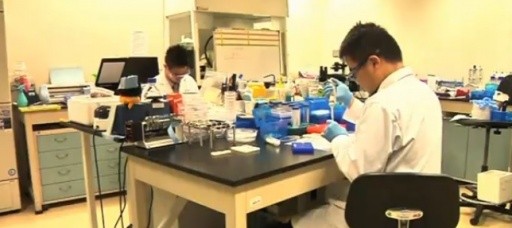Scientists report in a new study that a saliva test could one day be used as a diagnosis tool for Alzheimer's disease. This is due to the bodily fluid being abundant, safe, and cheap; and its potential for forecasting and tracking mental decline.
The study was conducted by the University of Alberta. The lead researcher was Shraddha Sapkota, a neuroscience graduate student at the Canadian school.
The study's findings were recently presented on July 19, Sunday at the Alzheimer's Association International Conference, according to Science World Report. This year it took place in Washington, D.C.
Researchers tested 22 Alzheimer's patients' saliva and 25 people with mild "cognitive impairment" (memory decline), according to CBS News. The control group included 35 people with normal mental skills.
They discovered that the saliva of Alzheimer's patients had different levels of various substances. That was compared to volunteers with mild memory loss, and the healthy people.
Medical experts said that the findings were encouraging. However, more research is needed to verify the preliminary results.
Dr. Allison Reiss is head of Winthrop-University Hospital's (New York) Inflammation Section. She said that the sample size was small, and the results were not conclusive.
The study has missing variables. They include several factors that could have affected the saliva samples, including hydration, tobacco, medication, and other illnesses.
However, Dr. Paul Write said that the study was "very promising." One of the key benefits of the testing method is that it is very easy to obtain a sample.
However, that convenience could cause some issues. People might request a test when they have no signs of dementia, which could cause worry and depression due to a "false positive" result (error).




























